We usually think of cats as the cool, confident rulers of the household, but some cats are masters of hiding their stress behind a composed exterior. Yep, cats can have anxiety, too—even if they don’t show it in obvious ways. Here are 15 signs your kitty might have high-functioning anxiety.
1. They’re Constantly Indulging in Grooming Sessions

Does your cat groom more than a supermodel before a runway show? If your cat seems obsessed with staying clean—licking its fur until it shines—this could be a sign of anxiety. Cats with high-functioning anxiety often overgroom to soothe themselves. Watch out for bald patches or thinning fur. It’s not vanity; it’s their way of dealing with stress when feeling overwhelmed.
2. They’re Suddenly Overly Clingy
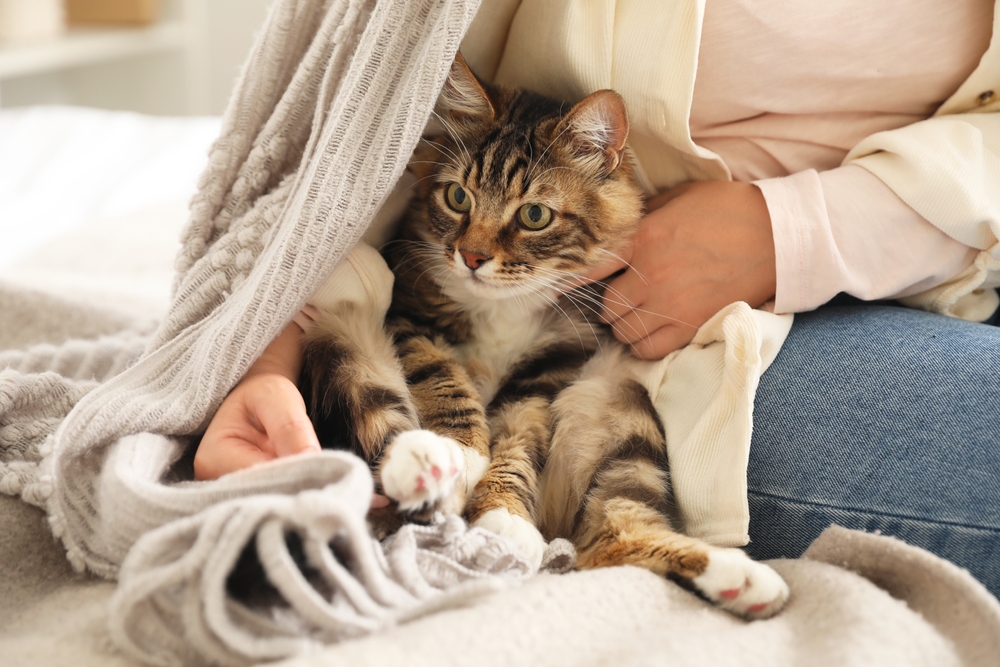
Got a furry shadow following you around the house? An unusually clingy cat might be seeking extra reassurance. Cats with high-functioning anxiety sometimes become super attached to their favorite humans, needing constant comfort. They may curl up on your lap every chance they get or follow you from room to room, refusing to let you out of their sight. It’s cute—until you can’t even shower in peace.
3. They Start Eating Weird Things
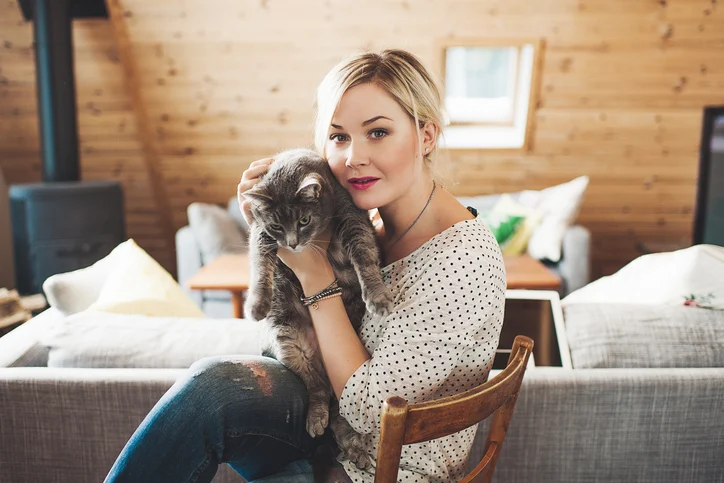
Does your cat chew on strange things like plastic bags, fabric, or paper? This behavior, known as pica, indicates anxiety in cats. Anxious cats might munch on non-food items to soothe themselves like humans nervously chew gum. It’s not about a lack of food—it’s about needing something to focus their nervous energy on. If your cat’s chewing things they shouldn’t, it’s time to take note.
4. They Overeat (Or Don’t Eat Enough)
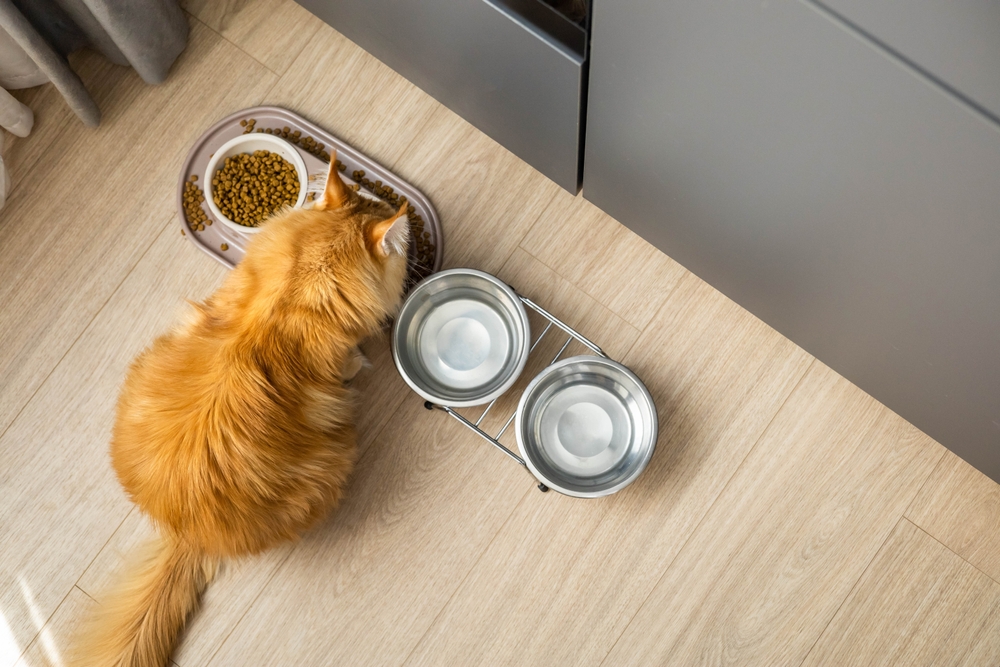
Anxiety can mess with a cat’s appetite just like it does with humans. Some anxious cats eat like they’re training for a competitive eating contest, while others lose interest in their food. It could be stress-related if you notice your cat’s eating habits swinging from one extreme to another. It’s worth paying attention to any sudden changes in their eating patterns, as it might point to hidden anxiety.
5. They Give You the “I’m Fine!” Act
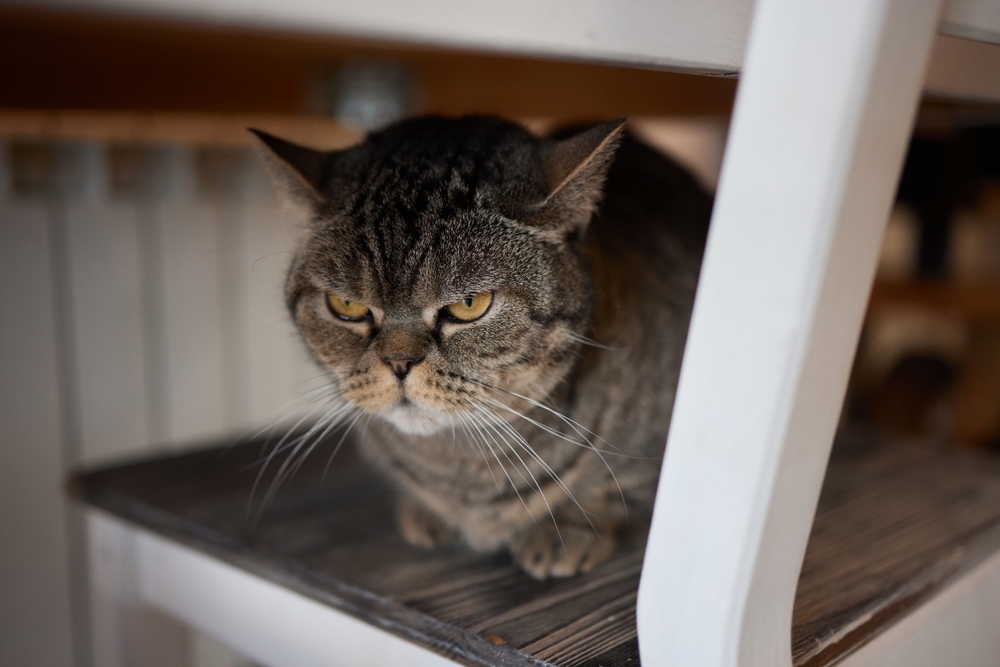
Does your cat keep up the “I’m fine!” act, only to have moments of nervous energy that seem out of nowhere? Cats with high-functioning anxiety often appear calm until they suddenly dart away, spooked by seemingly nothing. It’s like they’re bottling up their stress until it bursts out in random bursts of energy. Anxiety might be bubbling under the surface if your cat seems chill but has random freak-outs.
6. Their Litter Box Habits Become a Thing
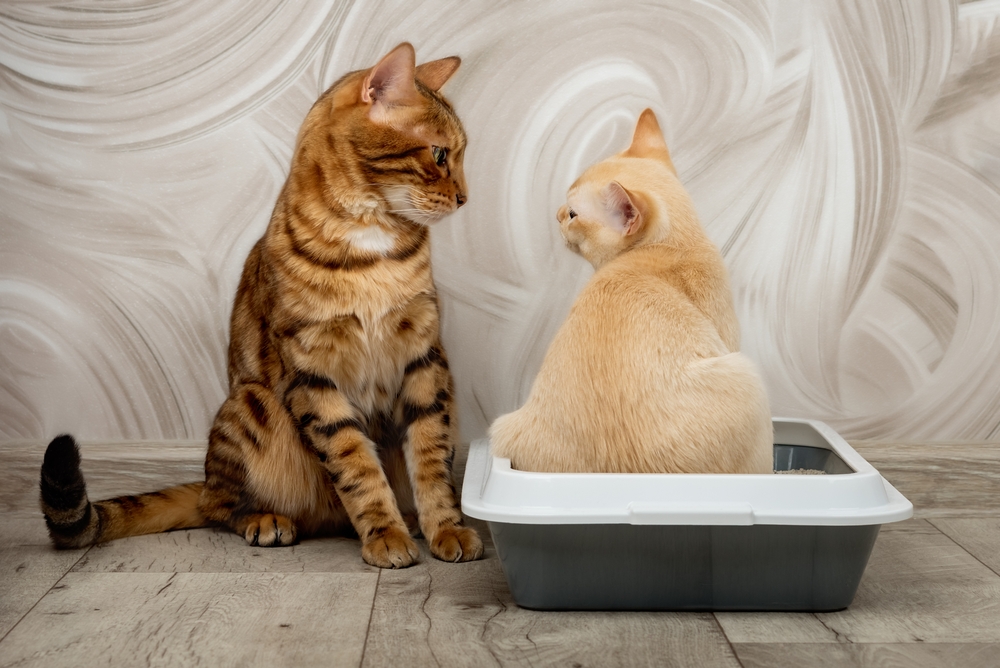
Anxious cats sometimes get very particular about their bathroom routine. If your cat suddenly starts obsessively covering their business or digging for what feels like forever in the litter box, they feel stressed. They may also have accidents outside the litter box when they’re overwhelmed. A usually tidy cat getting fussy over their litter habits can be a sign that something’s not right in their world.
7. They Excessively Scratch or Bite
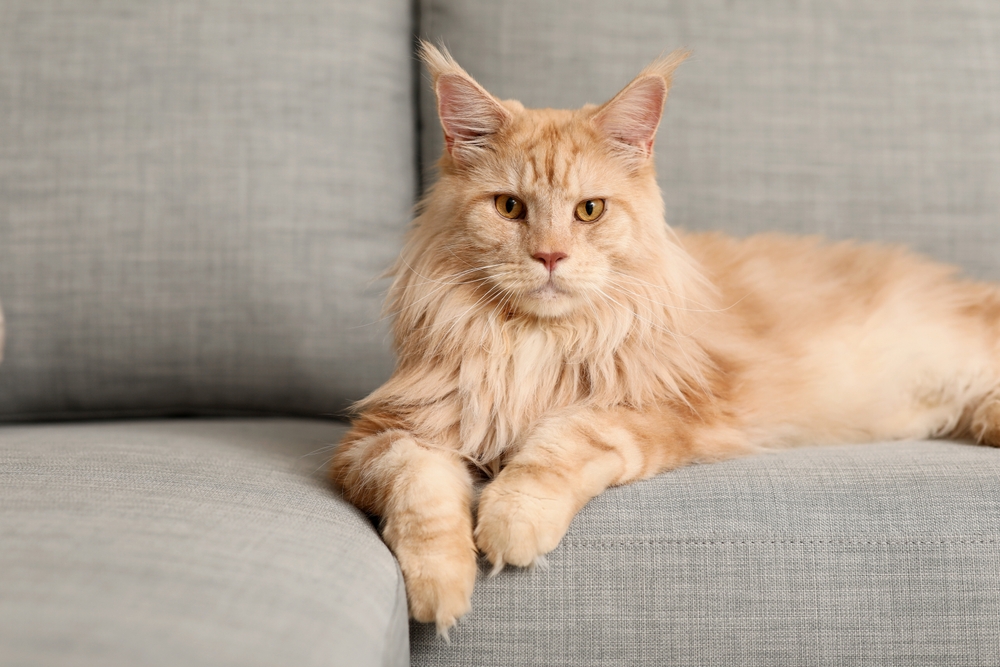
Scratching and biting are normal cat behaviors, but when they become extreme, it might signal anxiety. Cats with high-functioning anxiety might scratch furniture to the point of destruction or bite their nails excessively. This behavior is often about releasing nervous energy. If your cat’s scratching behavior has gone from cute to chaotic, they feel more stressed than they’re letting on.
8. Their Zoomies Don’t Stop
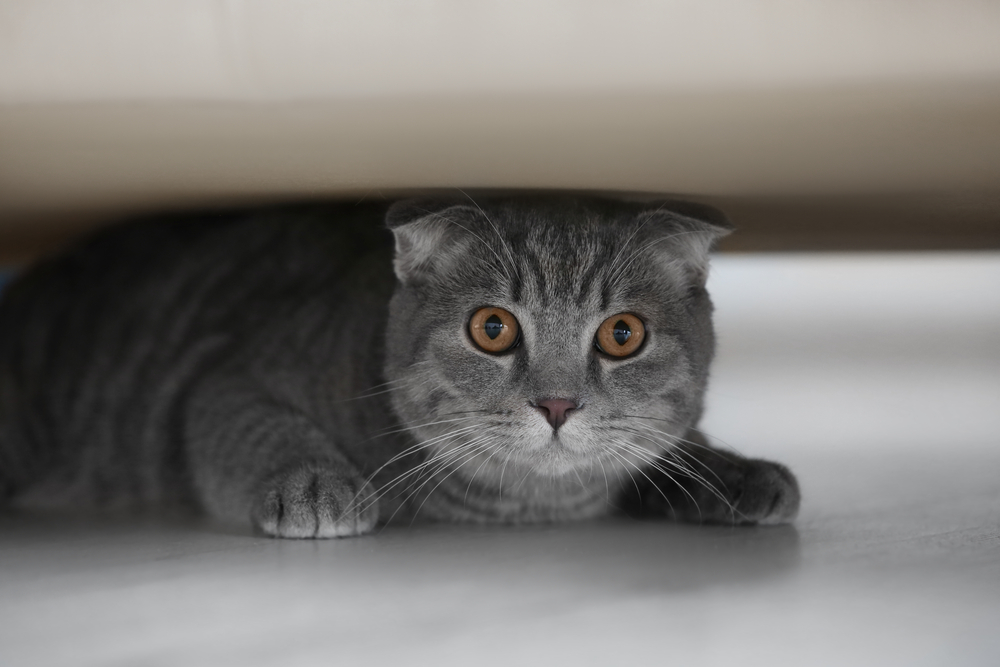
We all love a good case of the zoomies, but it could be a sign of anxiety if your cat is racing around the house more often. Cats with high-functioning anxiety tend to have bursts of frantic energy when they’re trying to burn off nervous tension. If the zoomies happen at odd hours or seem more intense than usual, it might be a sign your kitty is struggling to relax.
9. They Get Twitchy Ears and Wide Eyes
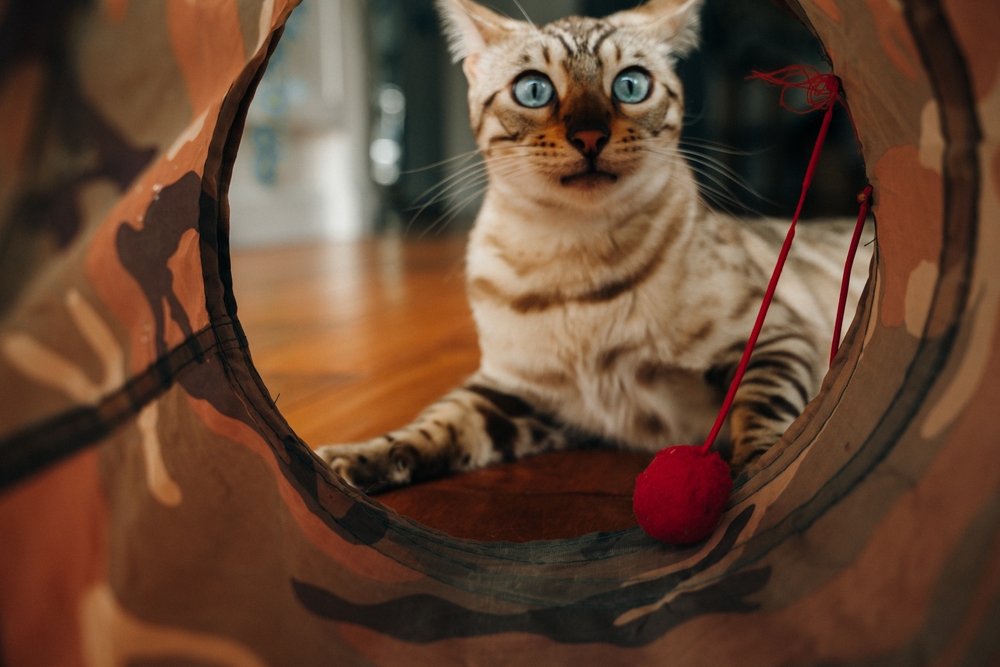
Cats are naturally alert creatures, but if your feline friend has ears that are constantly twitching at the slightest sound and eyes that look wide and startled, they might be feeling anxious. These are classic signs of a cat on high alert. Watch out for subtle signs like overly dilated pupils or tense whiskers. It’s your cat’s way of saying, “I’m keeping an eye on everything—just in case!”
10. They Hide More Than Usual
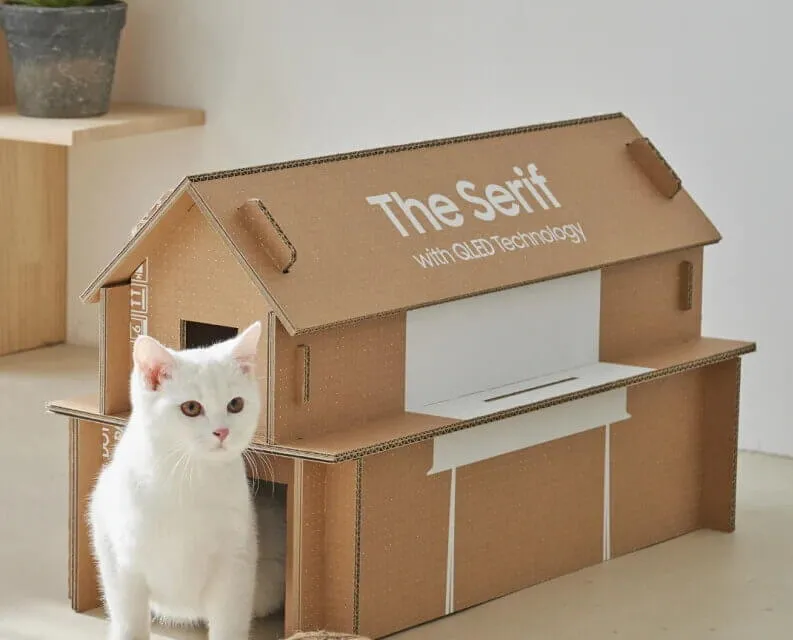
Cats love a good hiding spot, but if your usually social kitty spends too much time in the back of the closet or under the bed, they might feel anxious. Anxious cats often retreat to small, dark spaces where they feel safe and secure. If your cat suddenly becomes a hermit, it’s a sign that something in their environment might be stressing them out.
11. They Act Aggressive
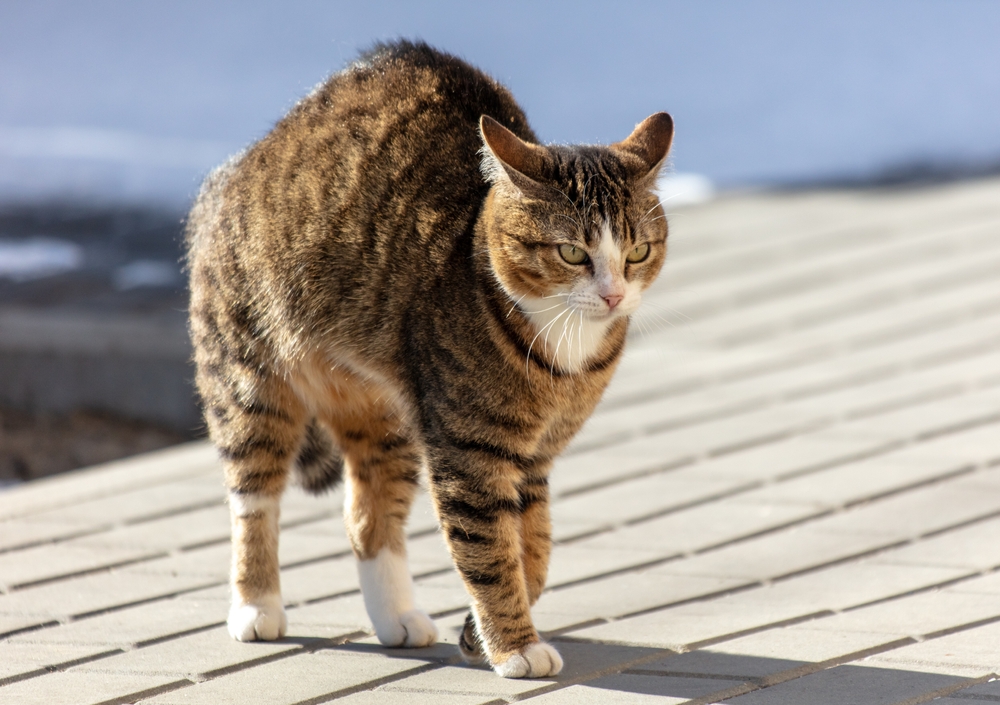
Anxiety can make even the sweetest cat a bit of a rage monster. If your typically laid-back kitty suddenly starts hissing, swatting, or getting defensive, they might be on edge. Cats with high-functioning anxiety can lash out when they’re feeling threatened or overwhelmed. It’s their way of saying, “Back off!” Pay attention to sudden mood swings or aggressive behavior—not just them being “moody.”
12. They’re Restless During Naptime
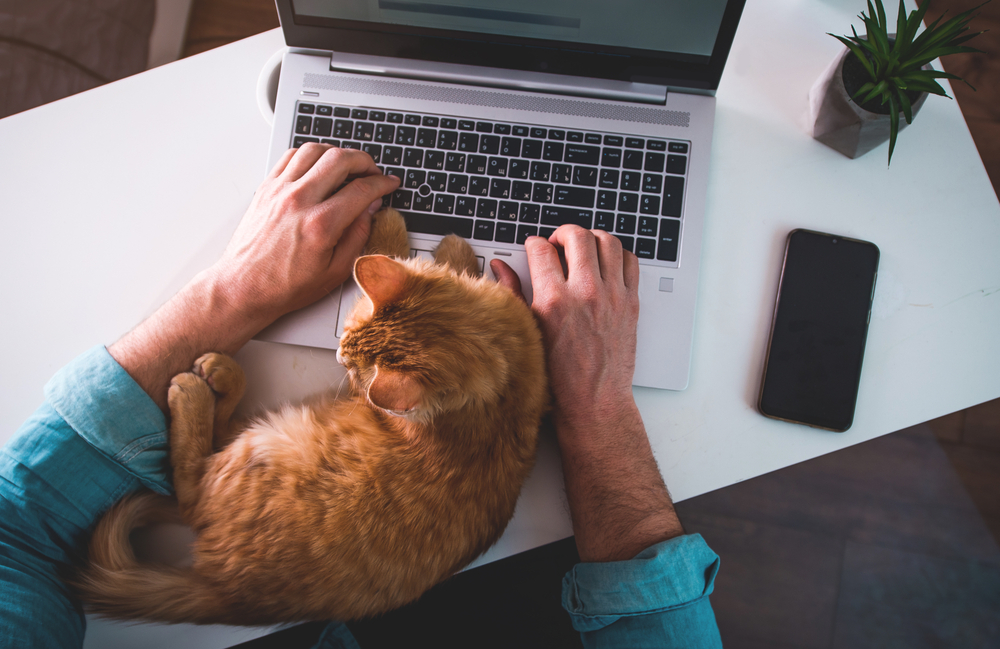
Cats love their naps, so if your furball is suddenly restless or can’t seem to settle down, it could be a sign of anxiety. A cat with high-functioning anxiety might switch sleeping spots frequently or wake up at the slightest noise, unable to fully relax. If your cat is pacing or moving from place to place instead of dozing, they’re likely on edge.
13. They Start Meowing Excessively
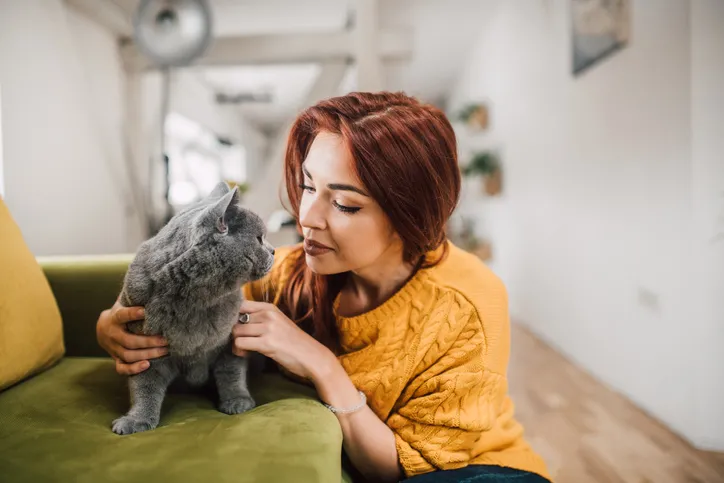
Cats with high-functioning anxiety often express their stress vocally. If your cat has gone from quiet and content to excessively chatty, it’s a sign they might be anxious. Meowing for attention, crying at night, or yowling when left alone can all be signs of stress. If their vocalizations sound more frantic than usual, they might be asking for help in the only way they know how—through their meows.
14. They Become Overly Protective of “Their” Space
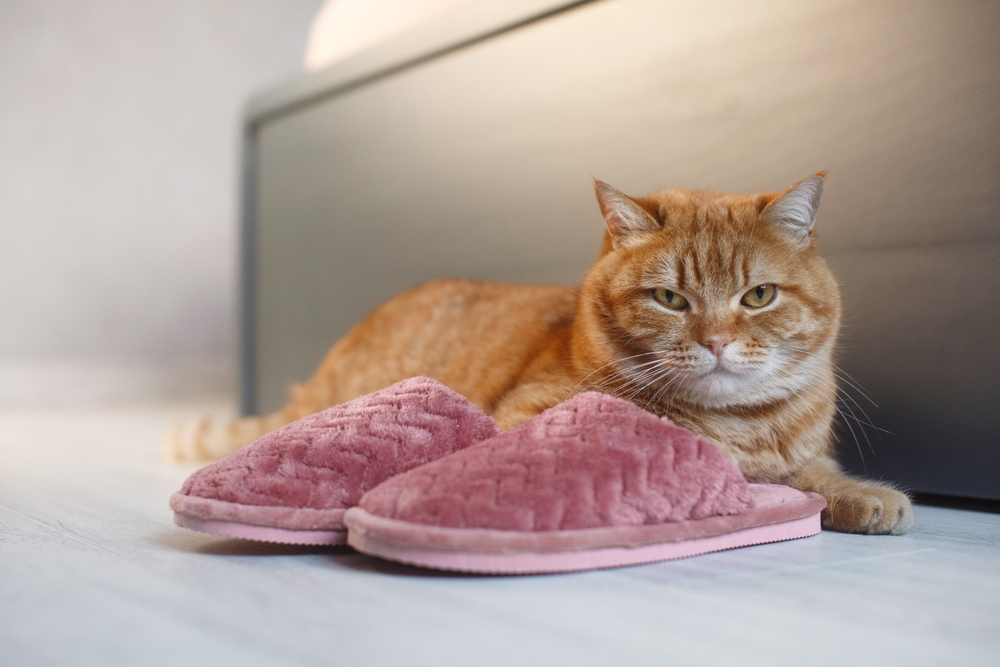
Anxious cats might become territorial over certain areas of the house. If your cat suddenly guards their favorite spot like it’s the crown jewels or hisses when someone comes too close to their bed or perch, it could be anxiety-driven. They might need to establish control over their environment to compensate for other stressors in their life. A sudden possessiveness can be a big clue.
15. They’re Hyper-Vigilant to the Max
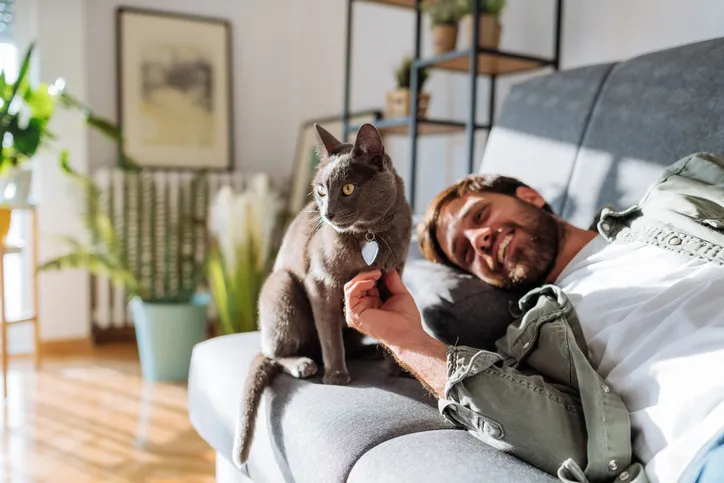
Cats are naturally alert, but anxious ones take it to a whole new level. Take note if your cat seems to be on constant patrol duty—always watching, listening, and reacting to the tiniest changes. Hyper-vigilant cats always look out for potential threats, even when there’s nothing to worry about. This constant state of alertness can be exhaustive and a clear sign that they feel stressed.
